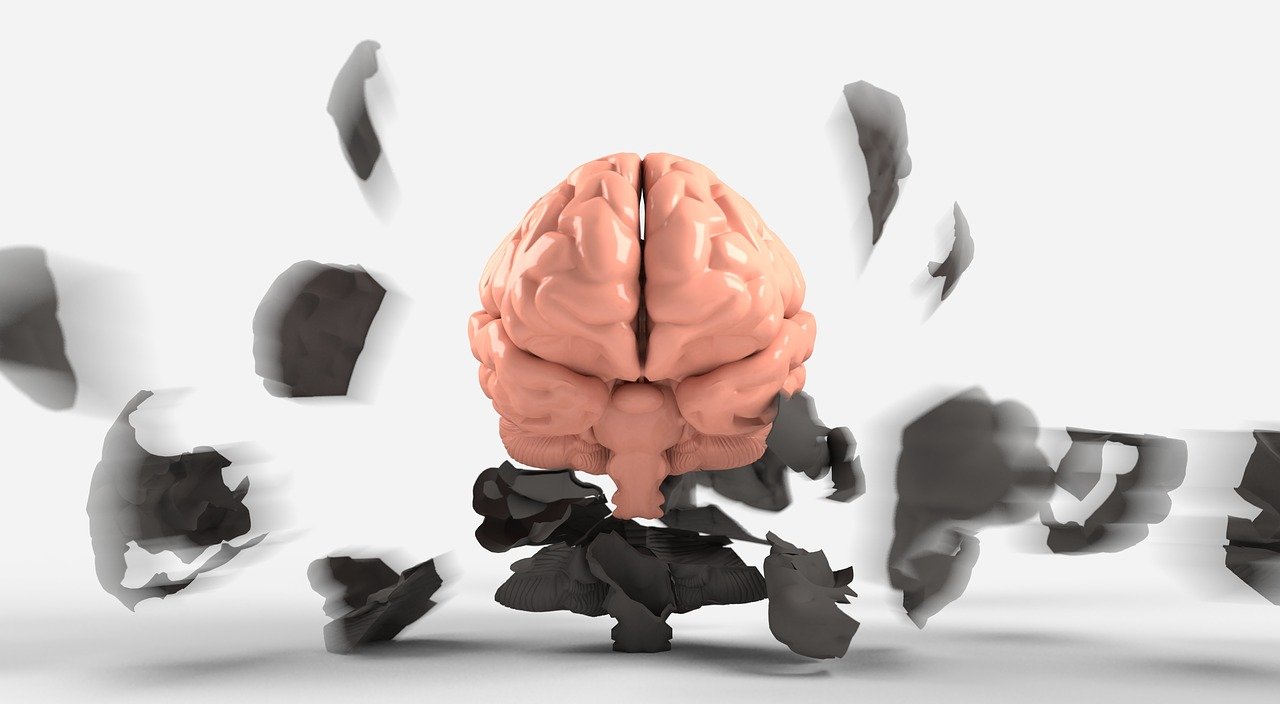Mental illness is a big problem in today’s world, and it affects everyone. Several years before the outbreak of the pandemic, the National Alliance on Mental Disease stated that 20.6 percent of people in the United States suffer from a mental health condition, with one in every 20 adults suffering from significant types of mental illness.
Despite the fact that certain mental illnesses are a result of our environment, biological characteristics, or a disease, it is how you make choices and take care of your mental condition that determines whether or not major diseases will develop in your lifetime.
Here’s how you can take care of your mental health as per Brian C Jensen-
Exercise
Exercising has a significant influence on a person’s mental health, and you would be amazed at how big of an impact it has. The act of exercising on a daily basis allows your body to release all of its negative energy and to eliminate its anxiety, resulting in an overwhelming sense of relaxation, tranquility, and peace. One of the reasons why exercise is beneficial for maintaining good mental health is because it releases endorphins, which make us feel good. Exercise causes an increase in the production of happy neurotransmitters in the brain, including dopamine and serotonin, which can significantly improve a person’s overall well-being.
Make use of as much sunshine as possible
Vitamin D may be obtained from the sun in large quantities. Dietary vitamin D is extremely vital for the health of our bodies as well as our brains. It aids in the release of substances in our brains that are known to increase our moods, such as endorphins and serotonin. When possible, try to spend time outside in the sun, but remember to protect your skin and eyes from the sun’s rays. Sunlight exposure of 30 minutes to two hours every day is excellent. Seasonal Affective Disorder (SAD) is a type of depression that occurs in certain people during the winter months when they do not get enough sunshine. For others, employing a particular light-therapy lamp to reduce the symptoms has shown to be beneficial.
Ensure that you are surrounded by positive people
People who have strong familial or social ties are typically in better health than those who do not have a strong support network. Brian C Jensen asks you to consider making arrangements with encouraging family members and friends; alternatively, look for activities that will allow you to meet new people, including a club, class, or support group.
Sleep
Getting a good night’s sleep has the ability to have a profound impact on your mental state as well as general well-being in ways that are difficult to comprehend. When you sleep well, your body has the opportunity to shut down and relax, allowing it to obtain the much-needed rest it requires in order to be ready to face the challenges of the day ahead.
Nevertheless, when you don’t get enough sleep, both the brain and the body become weary, leaving you anxious and irritable all of the time. People who get enough sleep are less frustrated and negative than those who don’t get enough sleep. Sleep makes people feel comfortable, peaceful, and optimistic about life, as opposed to those who get too little sleep.


